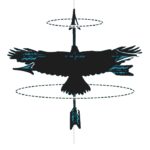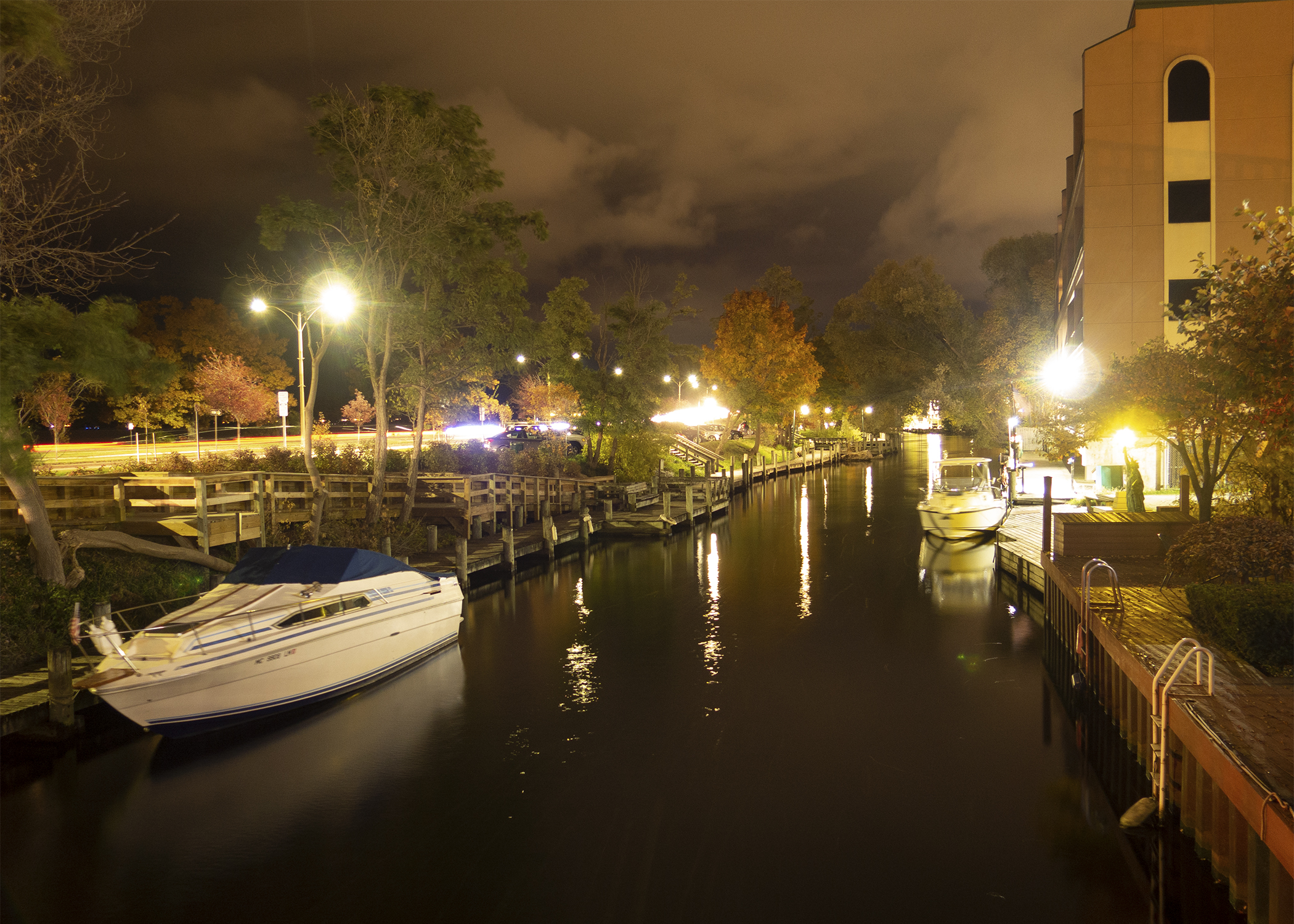Jen Michalski is the author of the novels The Summer She Was Under Water (Black Lawrence Press, 2017) and The Tide King (Black Lawrence Press 2013), a couplet of novellas, Could You Be With Her Now (Dzanc Books 2013), and two collections of fiction (From Here, 2014; and Close Encounters, 2007). Her work has appeared in many publications, including Poets & Writers, and she’s been nominated for the Pushcart Prize five times. She’s been named as “One of 50 Women to Watch” by The Baltimore Sun and “Best Writer” by Baltimore Magazine. She is the host of a fiction reading series in Baltimore, called Starts Here! and the editor and founder of the literary journal jmww.
 Artwork by: Hannah Strong
Artwork by: Hannah Strong
